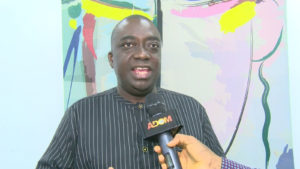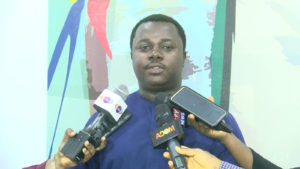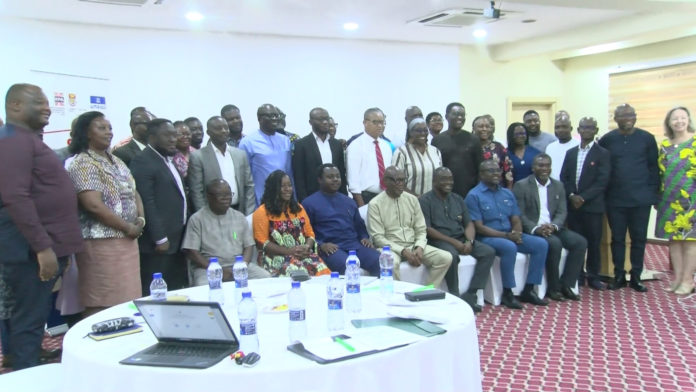The Director-General of the Institute for Educational Planning and Administration at the University of Cape Coast (UCC) Dr. Michael Boakye-Yiadom has urged the Ministry of Education to prioritise foundational learning to solidify the progress made in the education sector.
This call to action was made at the Innovative Pedagogies for Foundational Learning Evidence into Action Policy Dialogue in Accra, which brought together experts in the education sector to digest research findings and inform policy decisions.
Dr. Boakye-Yiadom emphasized that, consolidating gains in education requires a concerted effort to strengthen foundational learning, which is often overlooked despite its importance.
He likened foundational learning to building a strong foundation, which is crucial for any structure to stand the test of time.
Research has revealed that, children are unique individuals with different learning styles, developmental tracks, and paces.
Therefore, teachers need to adopt innovative and adaptive pedagogies to cater to these differences.

The Institute’s research highlighted the need for teachers to recognize and respond to these individual differences, rather than adopting a one-size-fits-all approach.
The policy dialogue brought together stakeholders, including policymakers, implementers, funders, and development partners, to co-create solutions for foundational learning.
The mission is to improve financial investment in foundational learning, provide adequate resources, and develop effective leadership and teaching strategies.
Dr. Boakye-Yiadom stressed that, financial investment in foundational learning is currently low and needs to be improved.
He emphasized that investing in foundational learning is not just the government’s responsibility but requires collective effort from all stakeholders.
Meanwhile, the Deputy Minister of Education, Rev. Ntim Fordjour has praised the country’s curriculum as one of the best on the continent, rivaling South Africa.
However, he emphasized that effective implementation is crucial to harnessing its full potential.
He indicated that, the project’s outcome will inform evidence-based policies, action plans, and stakeholder engagement to boost learning outcomes, particularly at the foundational level.
Ghana has already made significant strides, with reading proficiency increasing from 2% in 2015 to 38% in recent years, defying World Bank projections for Sub-Saharan Africa.
Rev. Fordjour emphasized the government’s commitment to foundational learning, citing President Akufo-Addo and Dr. Mahamudu Bawumia’s administration’s investment of over GH¢129 billion in education.

This investment, he stated will be further enhanced by the project’s findings, ensuring a comprehensive action plan that builds on existing best practices, such as Professional Learning Communities (PLCs).

